
Beijing’s Push for Soldier Loyalty Raises Concerns Over Chinese Military Stability, Analysts Say
In a move that has raised eyebrows among China observers, the Chinese military has issued a call for unwavering loyalty to the Chinese Communist Party (CCP) and emphasized preparedness for war. Experts suggest that this call for allegiance could be a sign of growing instability within the People’s Liberation Army (PLA) and a bid by Beijing to reassert control over its armed forces.
The PLA Daily, an official mouthpiece of the military, published a commentary on August 6th, urging soldiers to internalize and prioritize key elements of a speech delivered by CCP leader Xi Jinping to the military in November 2022. The speech focused on the imperative of “winning the battle” and being “prepared for war.”
Economist Cai Shenkun expressed his perspective on the matter, questioning whether the article was aimed at cautioning military leaders lacking the resolve to engage in conflict or if it was a diversion from a broader crackdown on corruption within PLA leadership. His remarks, shared on X (formerly Twitter), have sparked further discussions.
This display of heightened indoctrination and emphasis on loyalty to Xi Jinping and the CCP has triggered speculation about the state of Party leadership’s control over the PLA. According to Su Tzu-yun, a Taiwan-based national defense analyst, recent developments may indicate a waning of support for the Party within the military ranks.
A pivotal moment highlighting this trend was Xi Jinping’s visit to the PLA Eastern Theater Command headquarters in eastern Jiangsu Province on July 6th. During this visit, Xi underscored the importance of strengthening Party command over the PLA, a theme mirrored in regime propaganda.
Further reinforcing this narrative, Beijing introduced a new “study outline” on “Xi Jinping Thought” for the military on August 1st. This ideological framework, encompassing various facets of Chinese society, was followed by an article in the PLA Daily on August 3rd, which underscored the mandatory allegiance expected towards Xi and the CCP.
Observers have also noted significant changes within the Rocket Force, suggesting a lack of trust from Xi Jinping. The appointment of Wang Houbin, a former deputy commander of the navy, as the new head of the Rocket Force, along with other high-ranking promotions, has hinted at leadership shake-ups due to a perceived erosion of trust.
The removal of previous Rocket Force leadership figures, including Li Yuchao and Xu Zhongbo, has been linked to allegations of corruption, further adding to the air of uncertainty. The unexpected death of Wu Guohua, a former deputy commander, has raised suspicions and triggered speculation on social media.
Chinese scholar Yuan Hongbing believes that the Rocket Force’s differing mindset from Xi’s own stance, particularly concerning potential conflict in the Taiwan Strait, prompted Xi’s decision to investigate the force for graft. This move, according to Yuan, reflects Xi’s effort to wield influence within the military ranks The Epoch Times Reported.
The PLA Rocket Force, responsible for land-based nuclear and conventional ballistic missiles, holds strategic significance in China’s pursuit of a robust military in alignment with Xi Jinping’s vision of a resurgent China.
As China continues to grapple with internal dynamics and maintain its military posture, these recent developments have sparked debates about the state of the Chinese military and the extent of Beijing’s control over its armed forces.
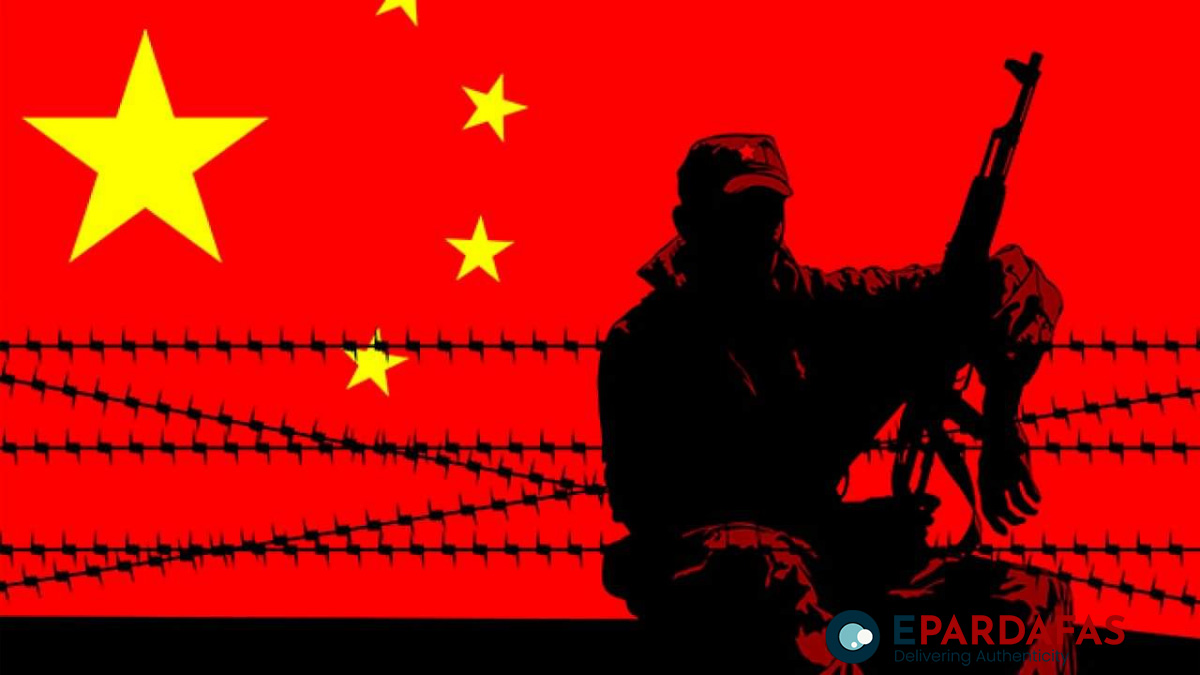
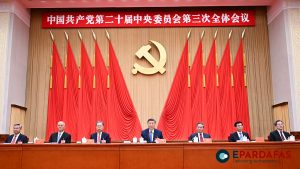
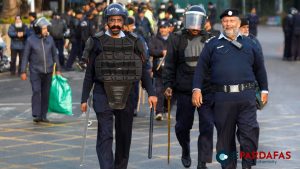
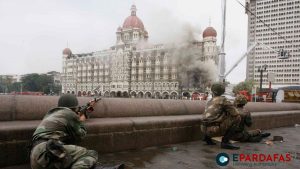

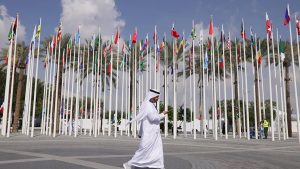






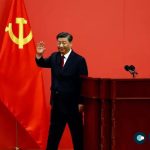
Comments